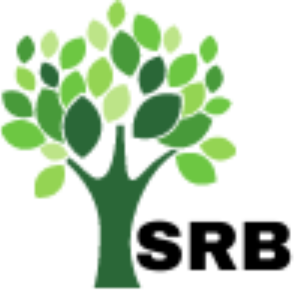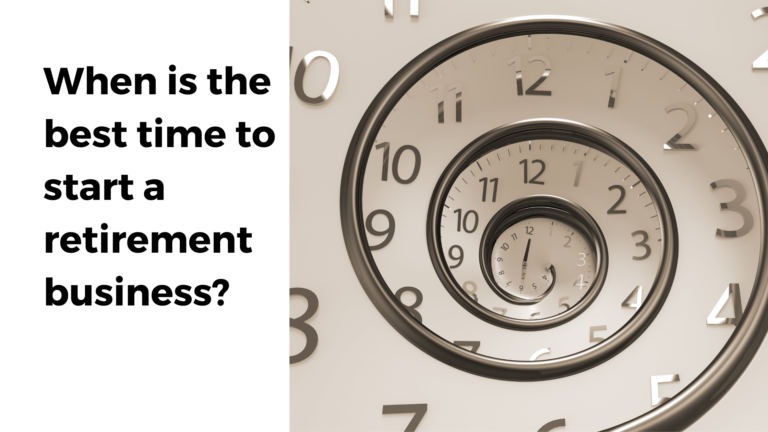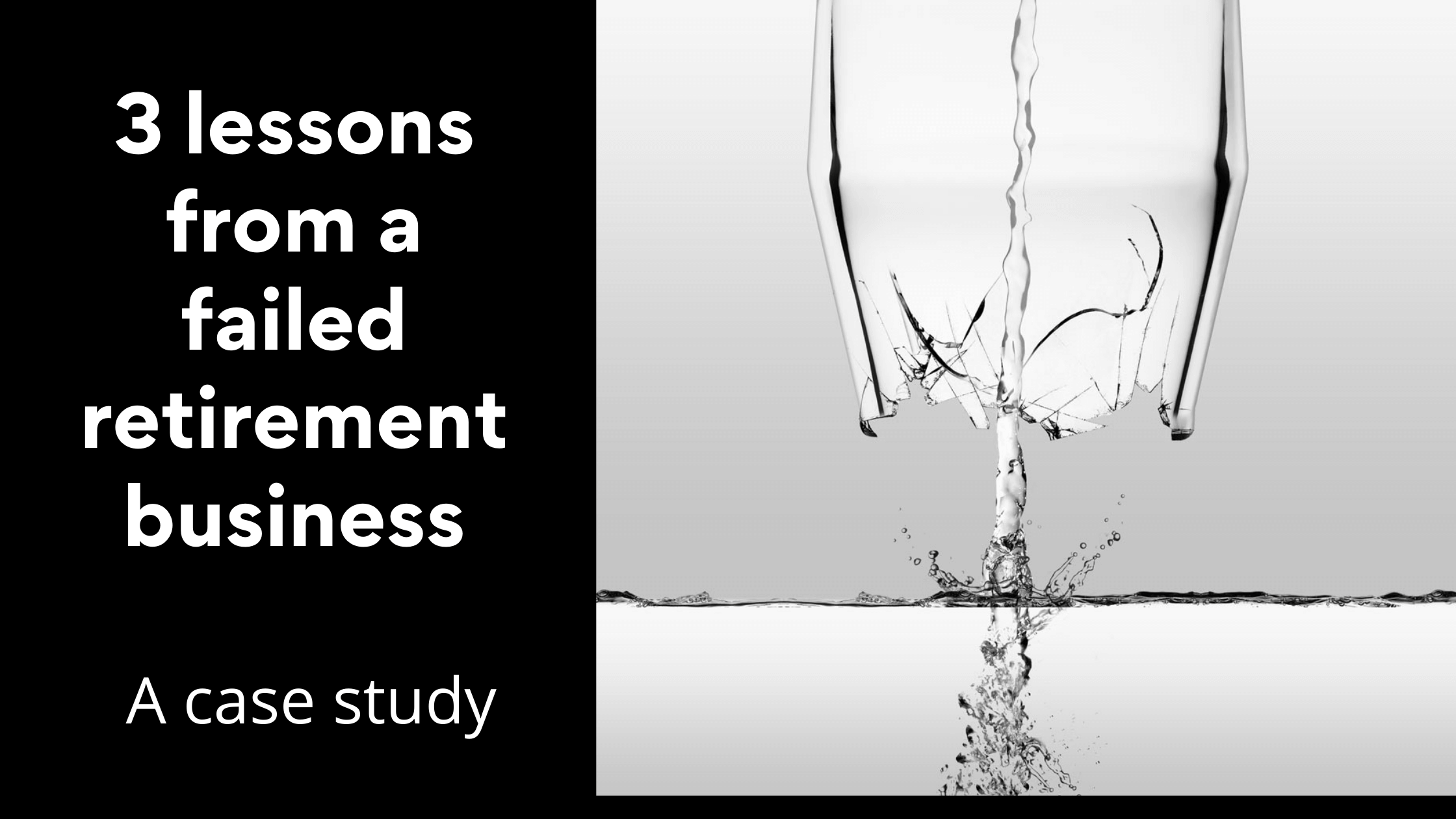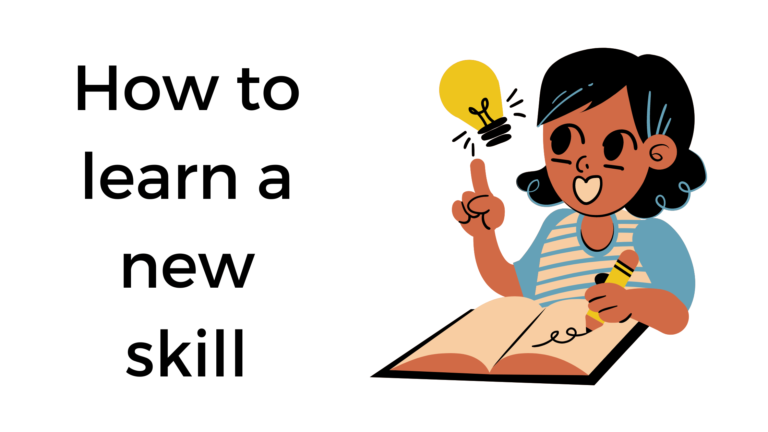Are you interested in starting a bakery when you retire? if your answer is yes, then you are in the right place to get the information that you need.
In the last two (2) years, I was the director of an entrepreneurship center and I set up a bakery in the school. So, I have some great practical tips for you.
In this blog post, you will learn:
- How to buy the right equipment for your bakery.
- The skills and training you need before you start your bakery.
- How to prepare your bakery for growth.
So, let’s get started.
How to buy equipment for your bakery.
There is always the temptation to buy large equipment when you start your bakery since you have some capital from your savings or gratuity. Please, do not fall for the stories of equipment sellers who tell you that your business will grow into large-capacity equipment.
You should start with the basic equipment that will produce just above the current level of demand for your product.
You can identify the right equipment to buy through this method:
Consider the amount of time the equipment will be in use per day versus the capacity of the equipment. For example, it does not make any sense to buy a 50kg mixer (one bag) when you will be producing for 8 hours a day. Meanwhile, your target market currently demands 3 bags of flour a day.
Thirdly, machines with large capacities are usually three-phased. That means that you need a specially built space and electric installations before they can work. You also need larger generators to power the equipment in the event of power failure (which happens a lot). Therefore, you will spend more money on fueling your generators. This will lead to higher costs of production and lower profits for your business.
To avoid overbuying when you start your business, these are the basic equipment that you need.
Baking equipment.
- 25/30 kg spiral mixer (single phase).
- 3-deck industrial oven.
- Industrial gas cylinders.
- One or 2 generators.
- A deep freezer/fridge.
- Steel tables as per your space and requirements.
- Dough molder (optional, you can rely on your workers to mold the dough at the beginning).
- Scales (digital and analog)
- Standing Fans.
- Bread slicer. (optional if you do not want to start with sliced bread).
- Bread pans.
- Baking trays.
- Bread cooling rack.
- Extruder (to circulate air in the bakery).
Baking Accessories.
- Oven gloves.
- Disposable hair covers.
- Aprons.
- Towels
- Recipe buckets.
- Plastic bread baskets.
- Hand washing sinks.
This is not an exclusive list. You may choose to buy other equipment according to the needs of your business location or your product. For example, if you are planning to specialize in banana bread, your equipment will vary slightly.
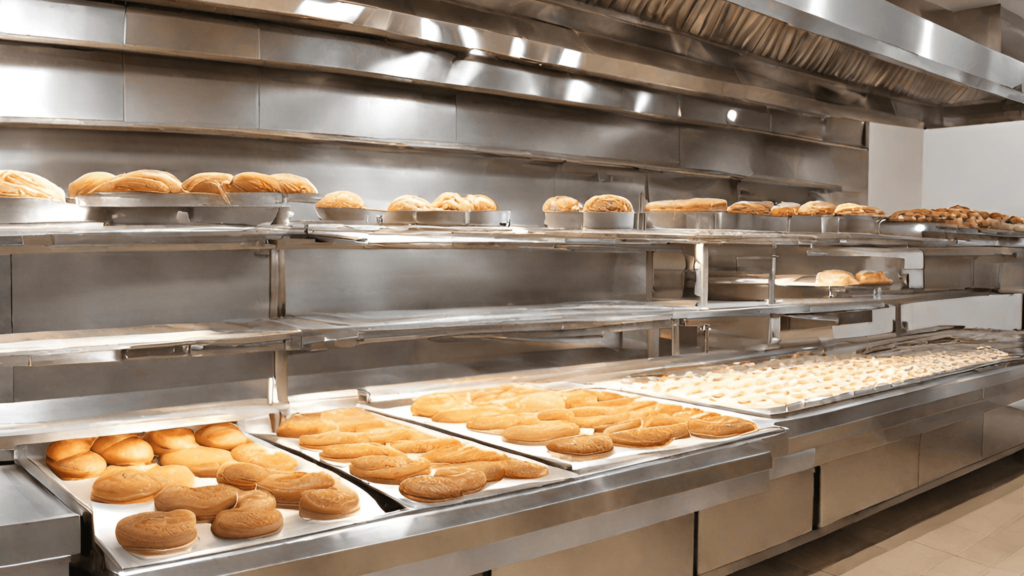
The skills and training you need before you start your bakery.
Baking bread is a science. If you want to produce good bread that will satisfy your customers and compete favorably in the market, you need technical knowledge about the production process. You cannot leave recipe formulation and the production process to your staff.
Several things can happen if you lack the technical skills to operate your bakery. Firstly, If the workers are poached by other bakery owners, they will leave with your recipes. Secondly, you cannot improve on your product because you lack technical knowledge. Thirdly, you will not be able to supervise your staff because you do not understand the process.
I am sure you are wondering at this point; did I learn bread-making? Yes!!! 😊 I spent some time apprenticing in a bakery before we started operations in the school bakery. It was fun learning the practical and theoretical aspects of bread making.
So, I suggest that you attend a course on commercial bread making. Alternatively, you could get the service of a bakery consultant to come and train you and your staff.
The benefits you will get from technical skills include having the ability to develop unique recipes for your business and monitoring your cost of production.
Recommended reading: How to learn a technical skill.
How to prepare your bakery for growth.
I would like to share two (2) tips with you that will help you position your bakery for growth.
The first tip is that you need to register your business with the Corporate Affairs Commission (CAC). The bank will ask for your CAC documents before you can open a business account. Be sure to operate your business account regularly. This will position your business to get a loan or grant for expansion when you need it.
The second tip is that you should get your bakery certified by the National Agency for Food and Drug Administration and Control (NAFDAC) If you are in Nigeria.
You need to increase sales channels in your business, and you cannot place your products in large supermarkets or pharmacies unless you are registered with NAFDAC.
Conclusion.
A note of warning if you choose to start a bakery, it involves a lot of work. However, it can be financially rewarding if you have a viable market.
When you start your business, you need to get to the bakery early in the morning to supervise your workers until you get a trusted supervisor.
As the business grows, you will not need to get to the bakery early, but you still need to supervise your staff closely.
Finally, one of the advantages of starting a bakery is that you do not need to invest large sums of money when you start. As you expand your customer base, you can relocate to a bigger location and invest in larger equipment.
I wish you the best as you start your business.
If you want to learn more about how to start, operate, and improve your retirement business, join me @ employment to entrepreneurship Facebook group.
